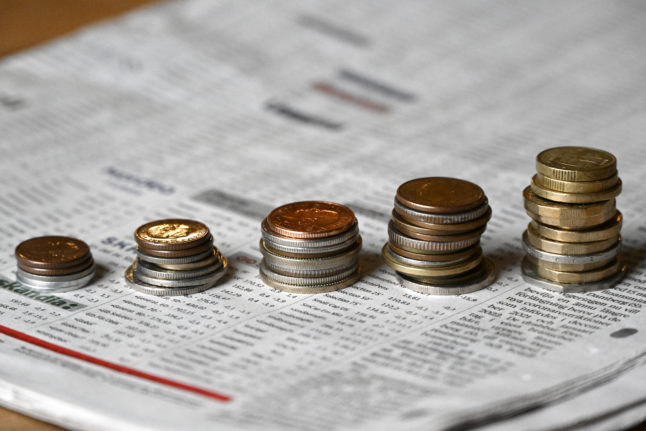“Inequalities in Sweden have increased significantly,” Suzanne Standfast, Oxfam Sweden’s general secretary, told TT newswire.
The Oxfam charity publishes a worldwide report on economic inequality every two years. Countries – and their governments – are ranked based on their ambitions to reduce economic inequality, on a number of factors.
In Sweden’s case, the 2022 ranking means a drop from number 10 to number 20, with Oxfam blaming Sweden’s tax policy.
“Sweden is one of the OECD countries where economic inequalities have increased the most in recent decades,” Standfast said, putting the blame on the decision under the 2019 January Agreement to abolish, värnskatt, a tax on those with the highest incomes.
“We have a high tax burden, yes, but assets are taxed considerably lower in Sweden than in many other countries. This means that people with a low income sometimes pay a higher percentage of tax than people with greater assets.”
Just five years ago, in 2017, Sweden was ranked best in the world at combatting economic inequality, but the country has ranked lower in every report since. Standfast believes that the issue of economic divides has been pushed aside both in Sweden’s election campaign and in political debate.
“Both the UN and the World Bank raise the issue, but in Sweden it’s astonishingly quiet,” she said. “We see no discussions about what these gaps mean for our society and our social development, which we need.”
Even globally, the gap between rich and poor has grown, according to the report, and during the pandemic years, a majority of the world’s countries saw an increase in economic inequality. The authors of the report state, among other things, that 70 percent of the countries in the index reduced spending on education in 2020 and 2021.
At the same time, minimum wages have increased at a lower rate than GDP in almost as many countries.
“The trend is negative globally and the gap is getting wider, the index shows that both rich and poor countries have failed miserably in preventing economic inequality,” Standfast said. “We see this as incredibly worrying, especially giving the impending economic downturn.”
The index is produced by the organisation Development Finance International (DPI), along with Oxfam.



 Please whitelist us to continue reading.
Please whitelist us to continue reading.
Member comments